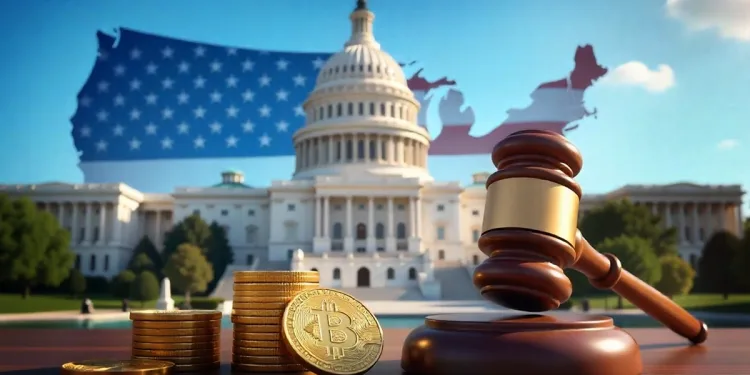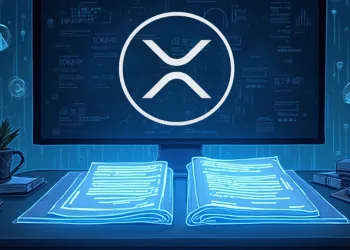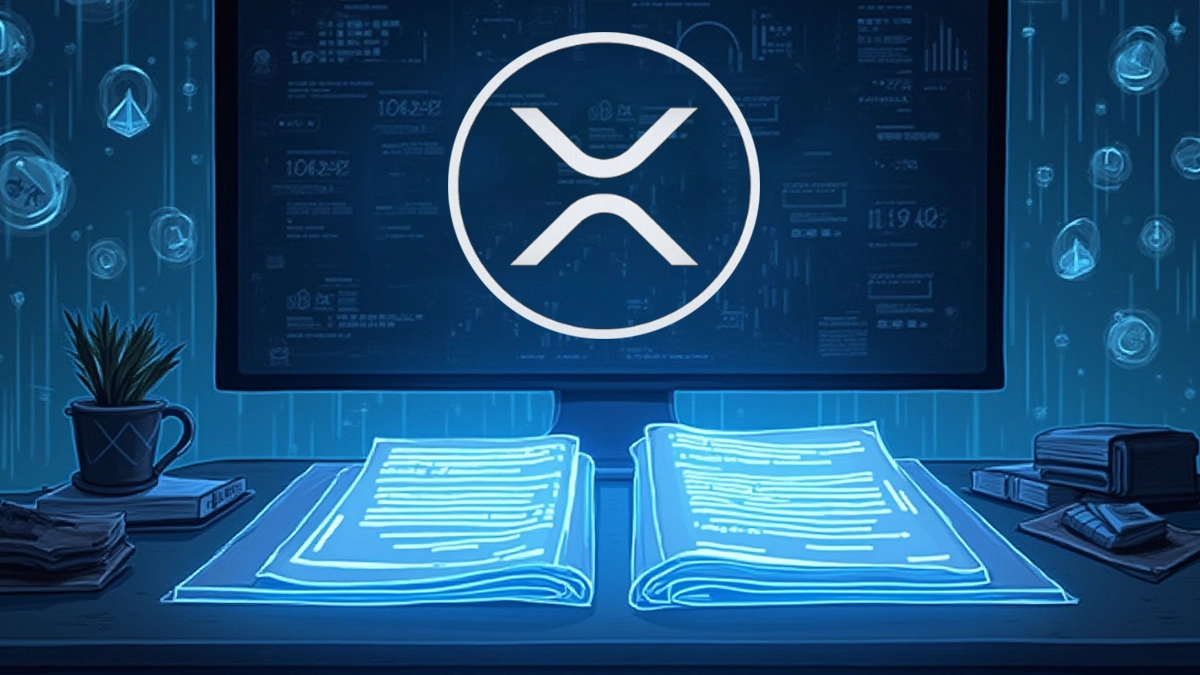- Stablecoin market set to surge as Genius Act mandates audits and dollar backing
- Clarity Act defines asset classes, offering firms protection from misclassification
- Congress blocks US CBDC, favoring private-sector innovation in digital currency
In a landmark move that could redefine the global crypto landscape, the US House of Representatives has passed three significant cryptocurrency bills. These include the Genius Act, the Clarity Act, and the Anti-CBDC Surveillance State Act.
Together, they lay the groundwork for a more regulated, transparent, and innovation-driven digital asset environment in the United States. Industry analysts believe this legislative shift could transform the country into a global hub for blockchain development and crypto innovation.
Genius Act Sets Stablecoin Standards
According to data by Altcoin Daily, an analytic firm, the Genius Act, widely seen as a catalyst for the broader adoption of digital payments, is now headed to the president’s desk. The bill establishes clear rules for issuing stablecoins.
Only licensed institutions can create them, and each must be backed by US dollars or short-term treasuries. Additionally, monthly disclosures and annual audits are now mandatory.
Significantly, the bill enforces compliance with anti-money laundering regulations and consumer protections. These requirements aim to build trust across retail and institutional users alike. Experts suggest this move could double or triple the stablecoin market in just a few years. Already surpassing $250 billion in size, the sector now has a green light for rapid expansion.
Clarity Act Brings Regulatory Precision
The Clarity Act though still awaiting Senate approval outlines which crypto assets are decentralized enough to avoid strict regulation. Currently, Bitcoin, Ethereum, and Cardano are labeled “likely mature.” These blockchains meet decentralization standards and have wide public token distribution.
Moreover, the bill defines differences between blockchains, NFTs, and DeFi projects. This distinction will encourage more investment, as companies can now operate without fear of misclassification.
Importantly, the Act also clarifies which regulator SEC or CFTC oversees each crypto asset class. That long-awaited guidance is expected to unlock institutional capital.
CBDCs Rejected, Private Innovation Encouraged
In a move that surprised many, lawmakers also passed a bill blocking the creation of a US central bank digital currency. The administration had already issued an executive order earlier this year opposing CBDCs. Congress has now backed that stance, choosing to leave digital currency innovation to private firms like Circle and Tether.














